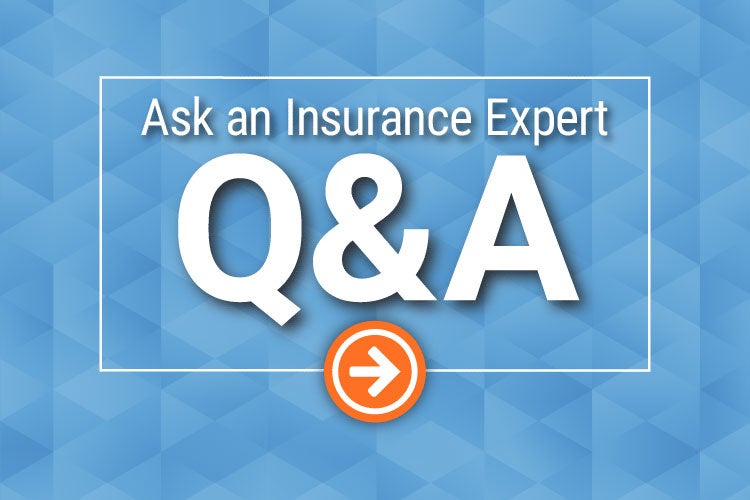
Table of Contents

Is business insurance required in New Jersey?
I recently started my own business, and like any other business owner I’m concerned about protecting it as much as possible. Most of all, I want to be sure to comply with all government requirements so I don’t run into any legal trouble. What I need to know first is, is business insurance required in New Jersey?

While the technical answer is honestly that it depends on several things regardless of whether business insurance is legally required in your state or not, as a business owner you really need to have coverage. If you want to get technical, certain aspects of business insurance are required depending on state or federal laws, or due to various contracts or agreements like loans. That being said, some businesses are just too small for having insurance to make sense.

When and why is business insurance required in New Jersey?

Now we’ll break this topic down further into more of the specifics. A handful of the major components in standard business insurance policies are usually required by one entity or another. Here are the most common examples.
- Commercial general liability: While not technically mandatory by state law, business owners really need to have this coverage to protect them against legal expenses. Without coverage, lawsuits can easily send a business into bankruptcy — fast.
- Workers’ compensation: In almost every state including New Jersey, business owners are legally required to purchase workers’ comp. insurance to protect their employees.
- Commercial/business auto: Insurance for the vehicles owned and operated by your business is mandatory by state law in New Jersey.
- Property insurance: Mortgage lenders often require business owners to have property insurance for their physical office space to help protect both of you against costly disasters.
- Employee benefits: If your business provides employee benefits, of course you’ll be required to purchase coverages like health insurance and disability insurance.
Regardless of whether it’s by the government, the state, the bank, or a business partner, in most cases many aspects of business insurance end up being mandatory in one way or another. Exceptions would include super small businesses that hardly turn any profit, such as teenagers who do handiwork for neighbors and friends of the family. Taking out a business insurance policy just wouldn’t be necessary or make much sense in those cases.

What does New Jersey business insurance cover?

Business insurance is set up to protect business owners against potential threats. This goes for businesses anywhere in the country. There are four main components of standard business insurance packages that we’ll explain first:
- Workers’ compensation: This covers financial losses if your employees become ill, get injured, or die from a work-related incident.
- General liability: This protects you against property damage or injury claims made by a third party.
- Business auto: This protects any company vehicles against things like theft, vandalism, and damage from natural disasters.
- Property insurance: This covers loss of or damage to your physical property including your office space and often the inventory inside it. Protected mishaps include fires, storms, and more.
That’s the core of business insurance packages. However, there are many optional components you may choose to add on, depending on the type of business you run and the extra coverage your operations may require. We’ll talk about just a handful of common add-ons:
- Cyber risk & privacy liability: This add-on covers the loss or theft of customers’ sensitive data, including credit card numbers and more. This coverage can also save your business in the event a deposit or money transfer is intercepted by cybercriminals.
- Employment practices liability: This covers fees for lawyers and other financial ramifications if any of your employees are involved in harassment cases against coworkers or customers.
- Boiler & machinery: Also known as "equipment insurance," it covers electric equipment in the building (e.g., AC units and boilers) that breaks down due to power surges, etc. Property insurance may cover this stuff, but not always.
- Professional liability: Also known as "errors and omissions insurance," this coverage protects against claims made by clients who have suffered financial loss due to the work they've hired you for. This coverage is crucial for those who offer advice or consulting as part of their services.
Typically, the simpler your business, the fewer types of coverage it will require. Remember that regardless of whether or not you’re legally required to have coverage for an aspect of your business, as a business owner it’s your duty to protect yourself, your business partners, your staff, and your customers. Having proper business insurance is by far the best way to do that.
Article Reviewed by | Paul Martin
www.iii.org
© 2025, Consumer Agent Portal, LLC. All rights reserved.